We recently did a poll, and 55% of you reported feeling low in energy most of the time…that is serious…If you suffer from low energy, that means you are not living life with the gusto that you should have.
So today I thought it best we get to the bottom of this.
Low energy is a complex symptom – but at its core it’s about our mitochondria.
These tiny cells, with a big name are the energy factories for our body, converting the food you eat and the oxygen you breathe into energy, specifically ATP(adenosine triphosphate)
Every cell contains countless mitochondria, especially in energy-demanding organs like your brain, heart, and muscles.
These are where metabolism happens—the biochemical reactions that sustain life.
While metabolism involves countless chemical reactions, the core function is extracting energy from food and using oxygen to convert it into ATP within the mitochondria, which then powers all your cells.
If your mitochondria aren’t working efficiently, you will feel it…we call this low energy.
Why Mitochondria Might Not Be Performing at Their Best:
- Poor Diet: Lacking essential nutrients like B vitamins, magnesium, iron, iodine, zinc and antioxidants can impair mitochondrial function.
- Low Vitamin D: Vitamin D is key for the health of your mitochondria, the energy powerhouses in your cells. It helps these tiny structures function efficiently, ensuring they can produce the ATP (energy) your body needs.
- Stress and Toxins: Chronic stress and exposure to environmental toxins can damage mitochondria.
How to Support Your Mitochondria:
- Nutrient-Rich Diet: Include foods rich in antioxidants (like berries and leafy greens), B vitamins (like whole grains and eggs), and healthy fats (like avocados and nuts).
- Regular Exercise: Physical activity helps improve mitochondrial function and increase the number of mitochondria in your cells.
- Manage Stress: Practices like meditation and yoga can help reduce stress and protect your mitochondria.
Where to find foods high in nutrients to support your Mitochondria:
B Vitamins: Eggs, spinach, wild caught salmon, chicken, lentils, avocados, brown rice, yogurt, and nuts and seeds.
Magnesium: Spinach, almonds, pumpkin seeds, black beans, cacao, dark chocolate, avocado, cashews, tofu, bananas, and whole grains.
Iron: Red meat, poultry, seafood, beans, lentils, spinach, tofu, pumpkin seeds, and spirulina
Iodine: Seaweed (like kelp), fish (such as cod and tuna), dairy products, eggs, prawns, beans, potatoes, cranberries, and Vitamin Sea
Zinc: Oysters, beef, pumpkin seeds, cashews, chickpeas, lentils, hemp seeds, yogurt, almonds, and dark chocolate
Antioxidants: Berries (such as blueberries and strawberries), dark chocolate/cacao, nuts (like almonds and walnuts), green tea, spinach, kale, beans, red wine, artichokes, and chaga mushrooms.
There is something else, in order for these nutrients to be available for our cells to use, we need a healthy gut biome ( I did tell you this was complex)
Role of the Microbiome in Energy Production:
- Gut Microbes and Metabolism: The microbiome, particularly the gut microbiota, plays a significant role in metabolic processes. Gut bacteria help break down complex carbohydrates and fibres that the human digestive enzymes cannot digest on their own. This fermentation process produces short-chain fatty acids (SCFAs) like acetate, propionate, and butyrate, which are used as energy sources by the body.
- Nutrient Absorption: A healthy microbiome enhances the absorption of essential nutrients from food, including vitamins and minerals critical for energy production. For example, certain gut bacteria synthesize B vitamins, which are vital for cellular energy metabolism.
This a complex system, with a simple solution, improve your gut health (ie: eat more fermented foods) which are the probiotics and also give the probiotics food (through prebiotics like green veggies)




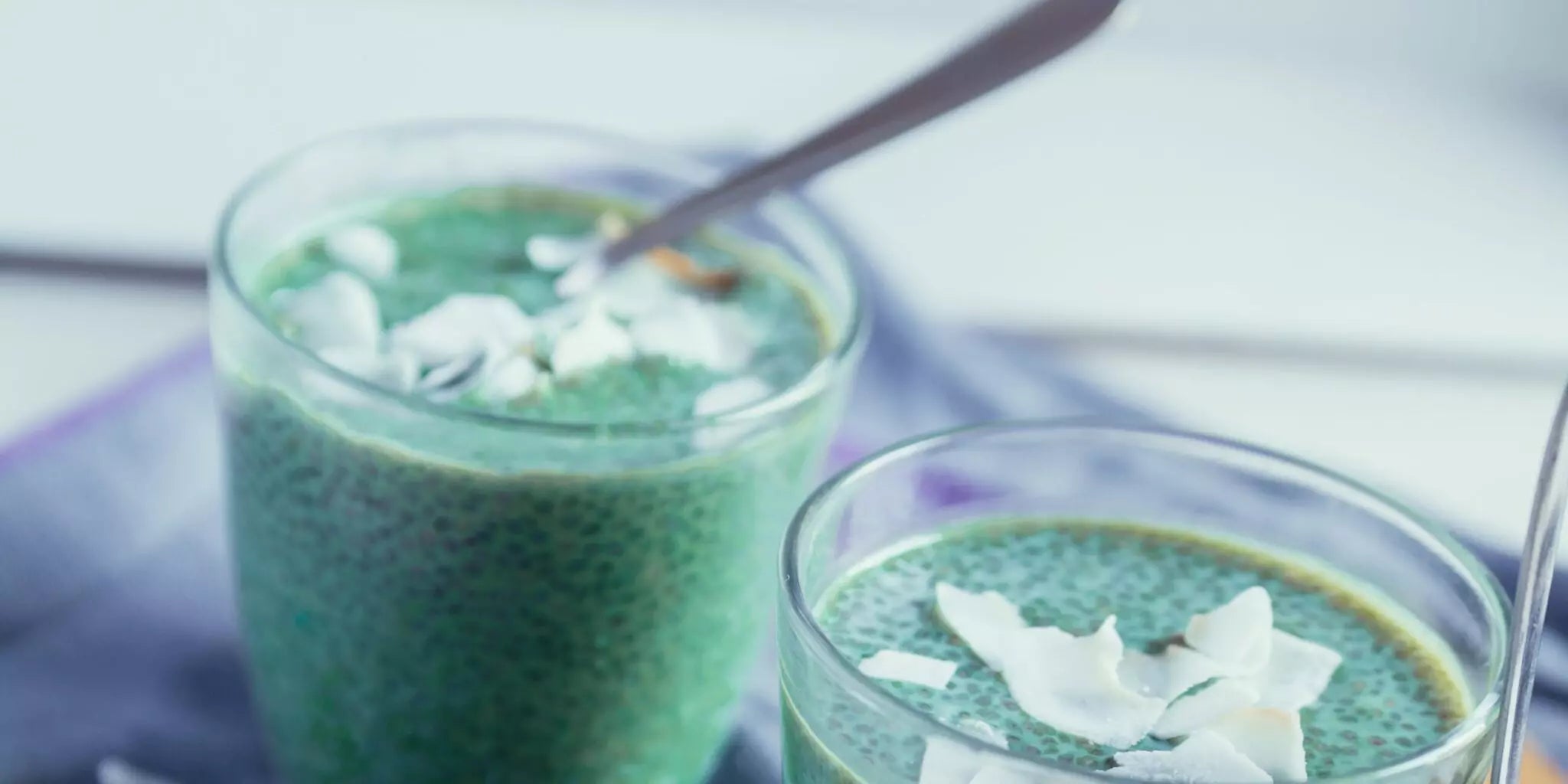
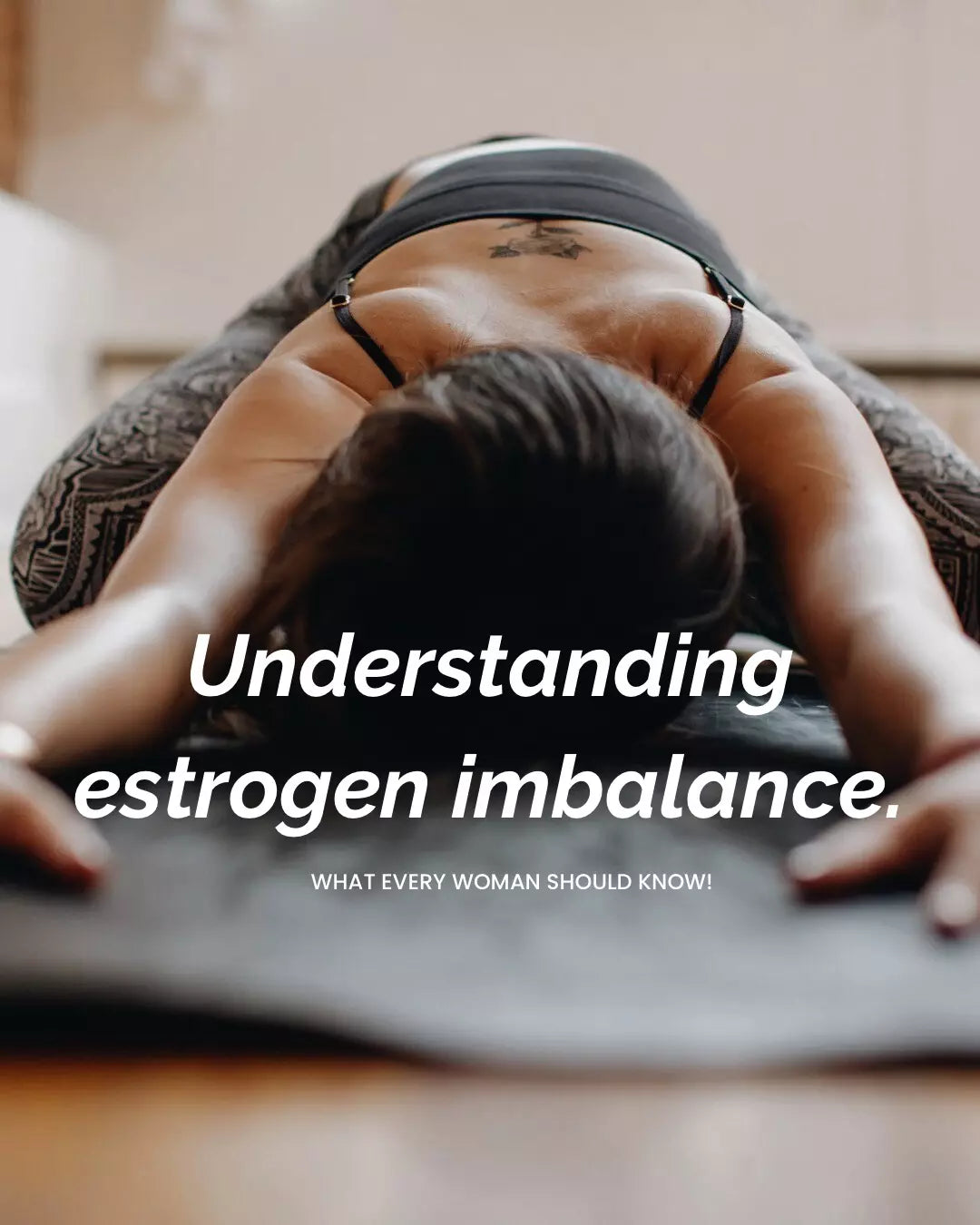
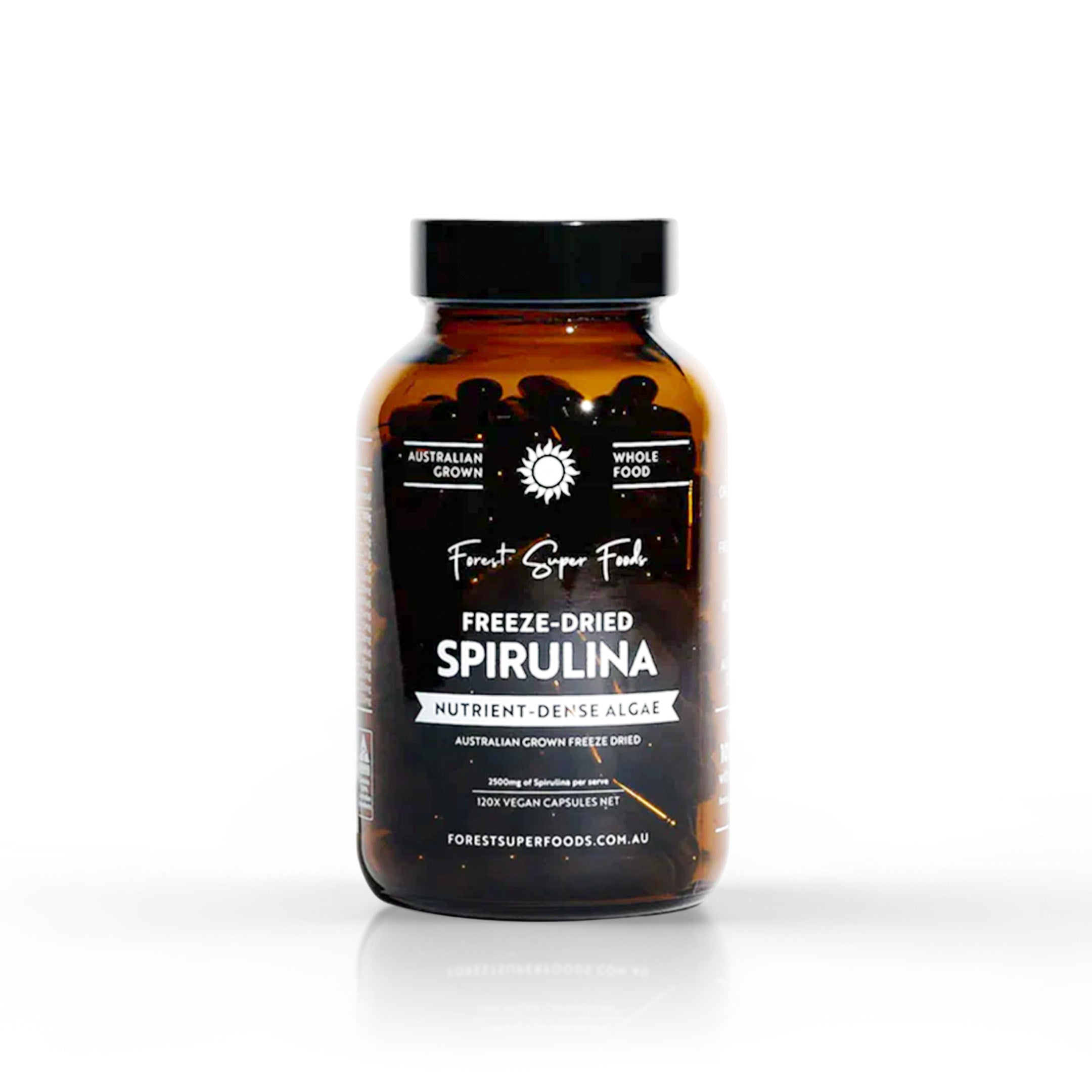
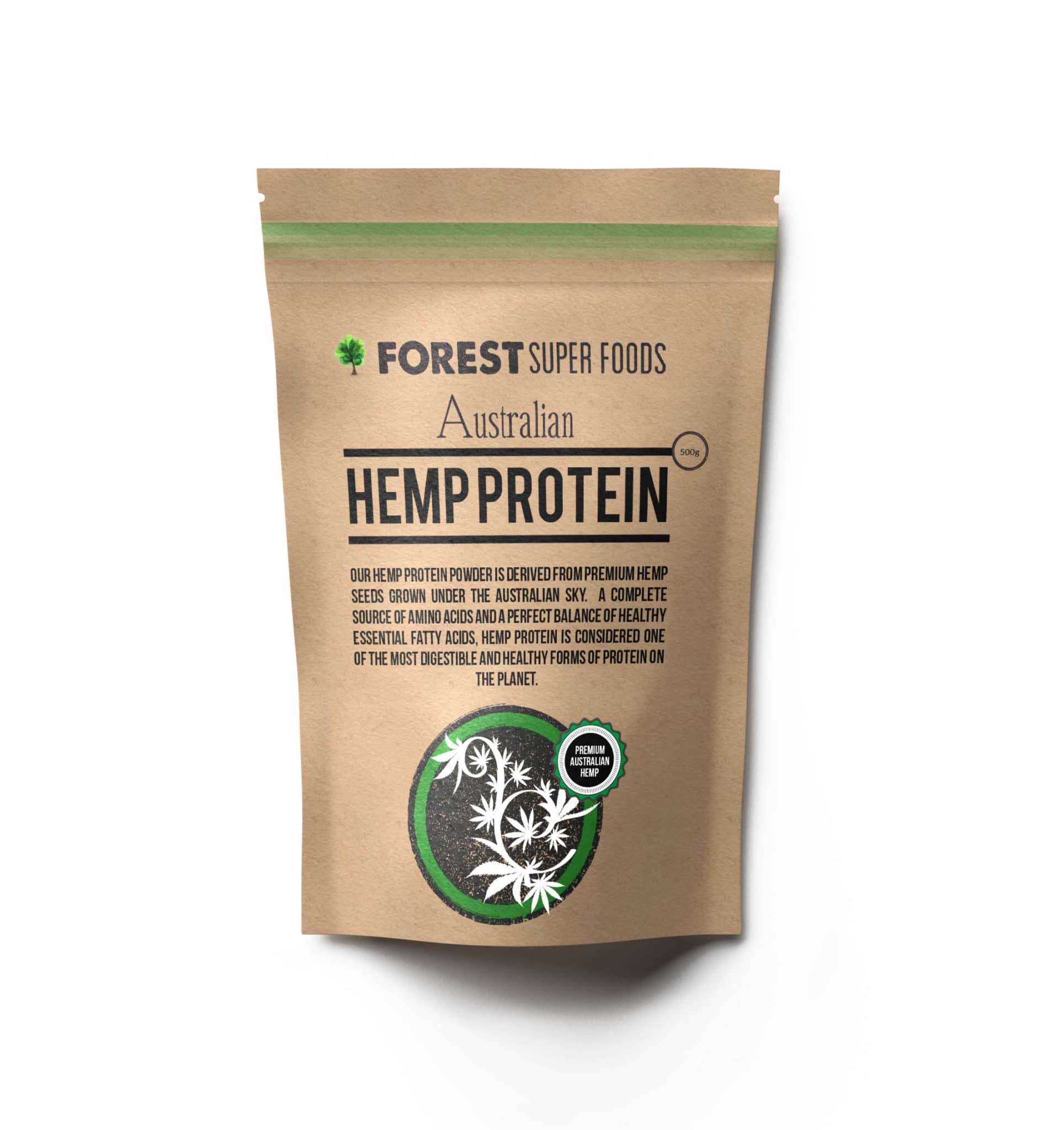
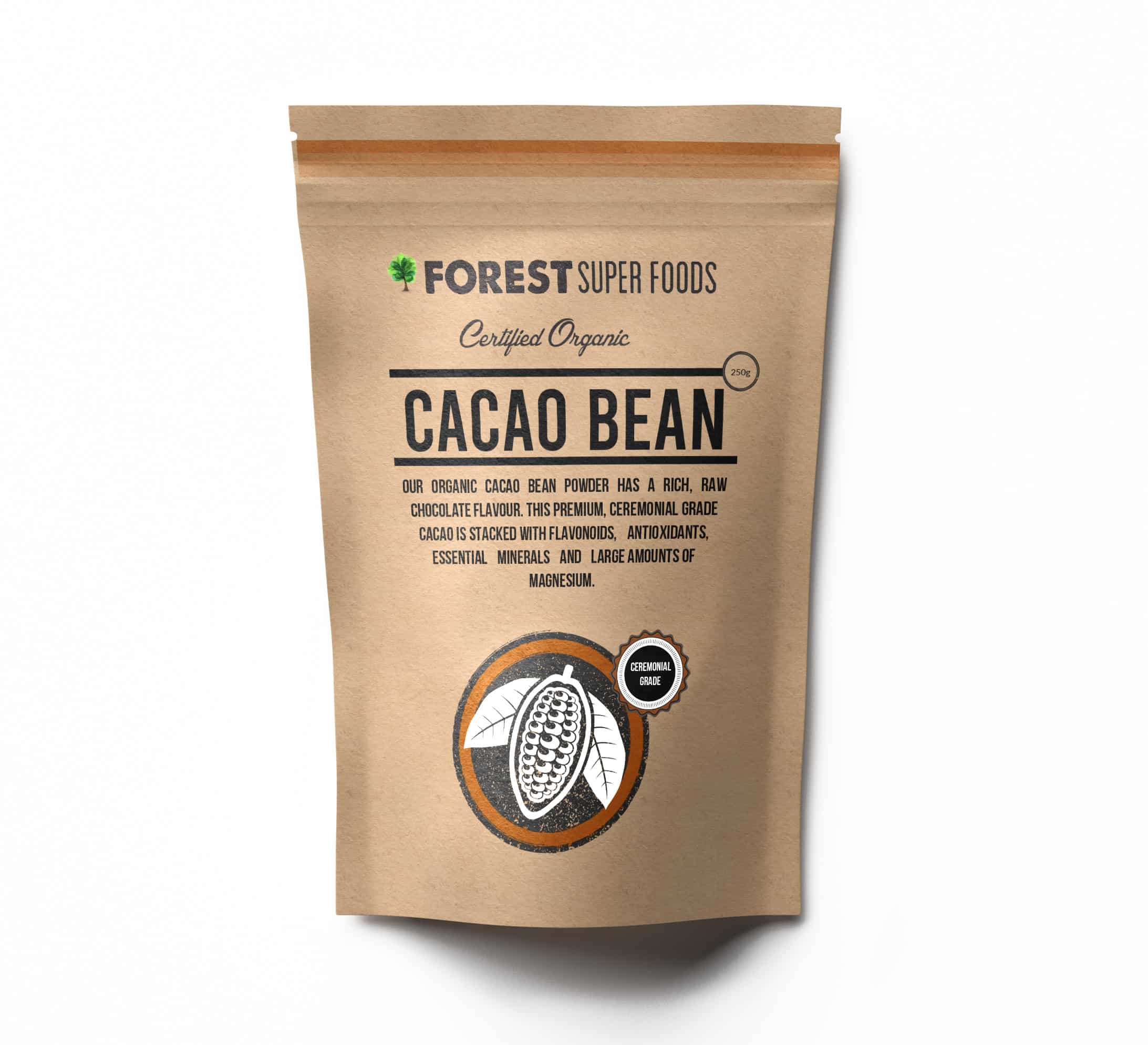
Leave a comment
All comments are moderated before being published.
This site is protected by hCaptcha and the hCaptcha Privacy Policy and Terms of Service apply.